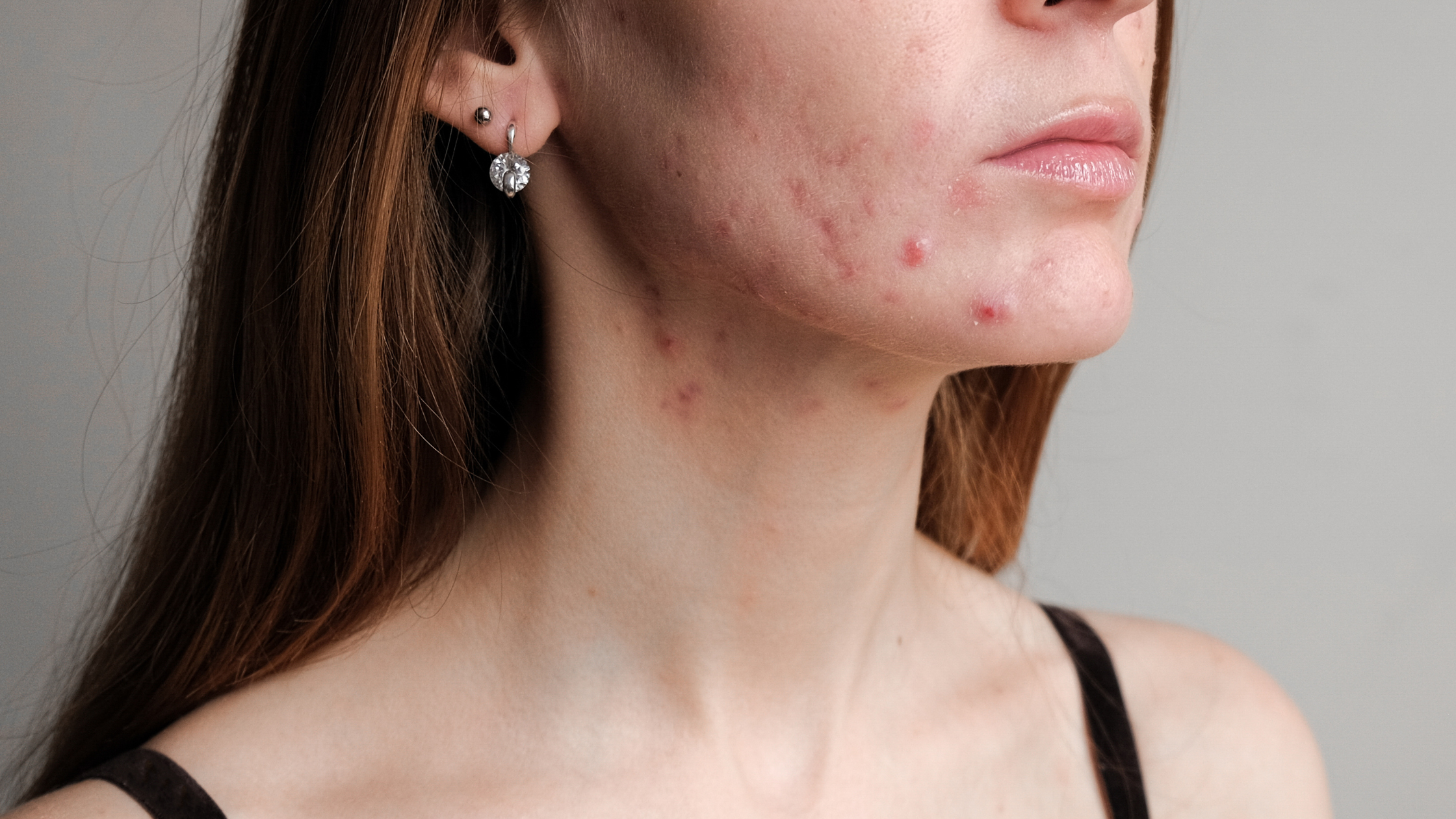Polycystic Ovary Syndrome (PCOS) is a common endocrine disorder estimated to affect around 10% of women worldwide. PCOS can cause the ovaries to swell and develop small cysts around their outer edges. While it’s the most common endocrinopathy among child-bearing women, recognition, diagnosis and management of this condition is often complex; the symptoms of PCOS are not always clear indicators of this disorder, and not all women with PCOS have cysts on their ovaries.
Causes
The cause of PCOS also isn’t totally clear; however, it’s usually seen in women with elevated levels of androgens, particularly testosterone. There are also typically low levels of progesterone as well as insulin resistance, which can be both a symptom and underlying cause of PCOS. Overweight women are at higher risk of PCOS, due to the link to insulin resistance, and there may be genetic components at play as well.
Symptoms of PCOS
PCOS affects women in different ways, but these are the most common symptoms:
- Acne on the face, upper back, shoulders or chest
- Excess hair on the face and body
- Headaches
- Mood swings
- Pelvic pain
- Darkening or hardening of skin
- Weight gain and/or difficulty losing weight
- Fatigue and low energy
- Skin tags (especially on the neck or armpit area)
- High insulin and blood glucose levels
- Missed, prolonged, or heavy periods
- Thinning hair
- Sleep issues
- Fertility issues

PCOS and Acne
Issues with skin and hair are frequently the symptoms that drive PCOS sufferers to seek medical attention, and with the prevalence of other indicators (along with risk factors), can often lead to a diagnosis.
With PCOS, hormonal signalling is disrupted and results in an imbalance that may cause or worsen acne. The chronic insulin spikes we see in many of these patients lead to a drop in sex hormone-binding globulin (SHBG), which is a hormone transporter that affects their bioavailability and activity in the body. Elevated levels of androgens and insulin inhibit the secretion and synthesis of SHBG in the liver, increasing the bioavailability of testosterone.
Cystic or hormonal acne related to PCOS can be extremely difficult to treat with over-the-counter medication, as it just doesn’t get to the root of the problem. While we may experience slight relief of these skin symptoms with topical treatments, the deeper issues must be addressed to reduce the occurrence of symptoms.
Systemic inflammation, digestive issues, poor lymphatic drainage and elevated toxicity are all common contributors to acne, and it would not be at all unusual to see these challenges in a PCOS patient. The body’s systems are interconnected, and imbalances in one area will usually cause problems in another.
Diagnosis and Treatment
There is no single test to definitively diagnose PCOS, and because a number of the related symptoms may present with other conditions, a holistic approach and comprehensive evaluation is always the best place to start. Through lab work, a physical exam, review of medical history and consideration of lifestyle factors that may be causing symptoms, we can develop a more accurate and whole picture of our hormonal and metabolic health.
When we consider treatment for hormonal skin conditions, we must begin by nurturing our hormones, reducing chronic inflammation, and supporting the liver and detoxification process. Here are three natural treatment options that go beneath the skin to get to the root of the problem:
- Saw palmetto is a natural remedy that’s typically given to males with prostate issues but is also effective in regulating androgens and balancing hormones in women. Made from the extract of this small palm tree’s berries, saw palmetto inhibits the enzyme that converts testosterone to dihydrotestosterone (DHT), which stimulates sebum production and can cause acne. Because this plant helps to balance the levels and bioactivity of testosterone in women, it can also be helpful in treating PCOS.
- Diuretic teas like nettle leaf, fennel and dandelion root can help to support the elimination process by flushing toxins from the body. Spearmint tea has also been shown to be effective in normalizing testosterone levels and reducing acne and other PCOS-related symptoms. A 2015 study by the American Academy of Dermatology found that two cups of organic spearmint tea ingested daily reduced inflammatory acne lesions by 25% after one month and by 51% after three months.¹
- Our detox organs, lymphatic system, endocrine system, and immune system all need to be balanced and supported to reduce inflammatory responses and toxicity in the body. While the common response to acne and other skin conditions is to treat the symptoms we see, our problems will persist if we don’t go deeper and treat the root cause. We’ve seen incredible results in our Detox Fix program with participants reporting clearer skin, fat loss, better sleep, improved mood and more balanced hormones. You can learn more about the Detox Fix or register for the next 3-month session here.
Hormonal acne can be particularly difficult to treat, but with a commitment to deeper inquiry and supporting the body as a whole, it can be managed effectively and doesn’t need to control our lives. Connect with one of our naturopathic physicians to start your healing journey and get to the bottom of your skin concerns.
Sources:
- https://www.pcosdietsupport.com/treatments/spearmint-tea-for-pcos/

